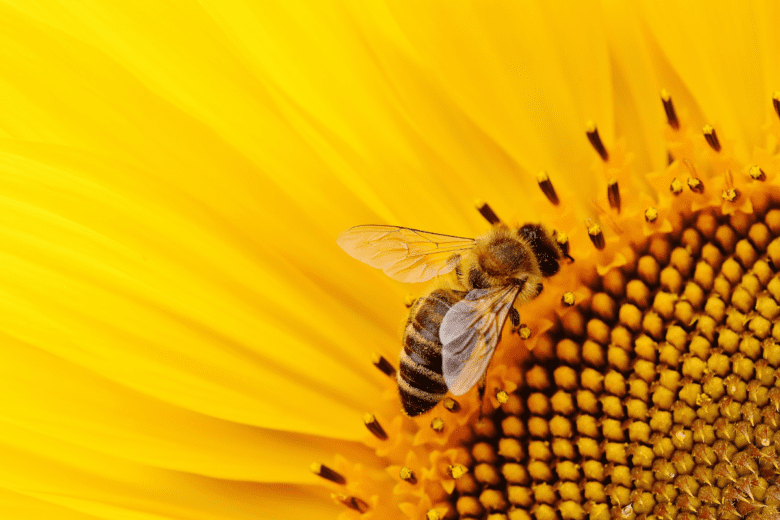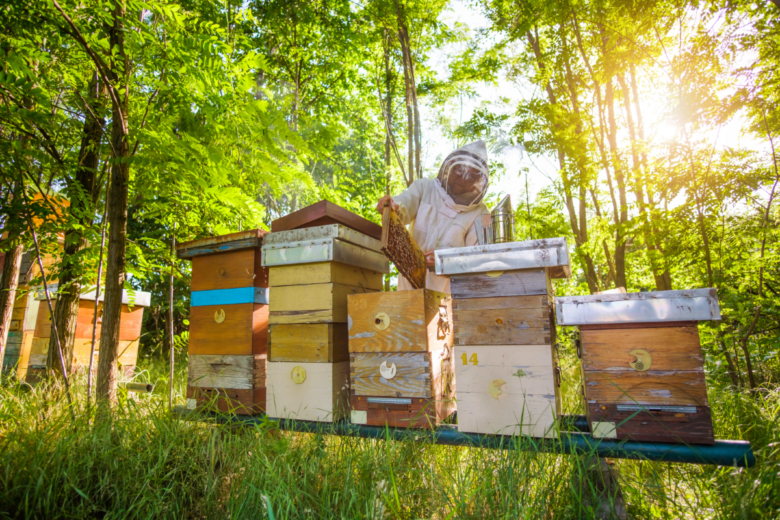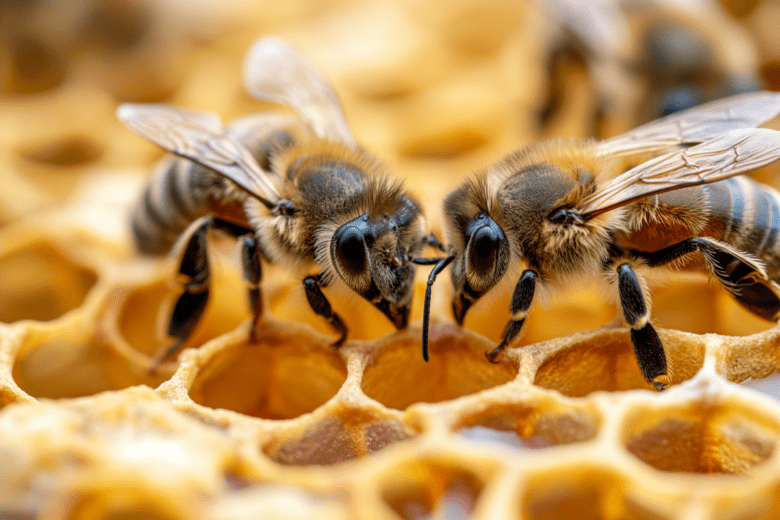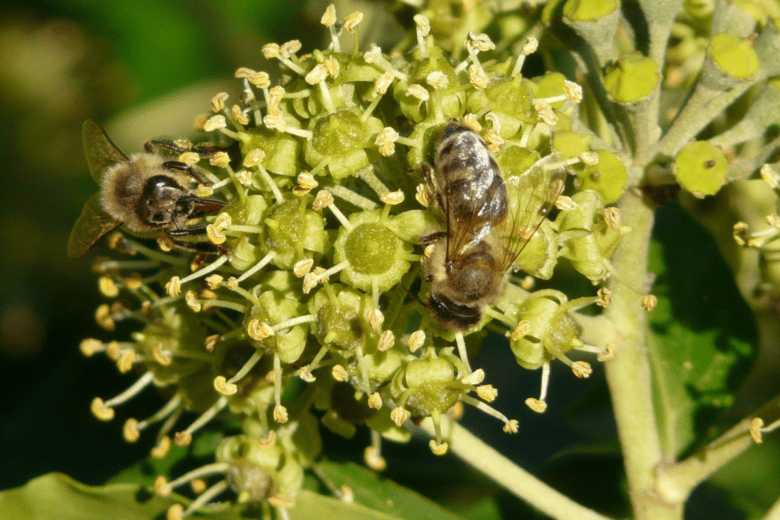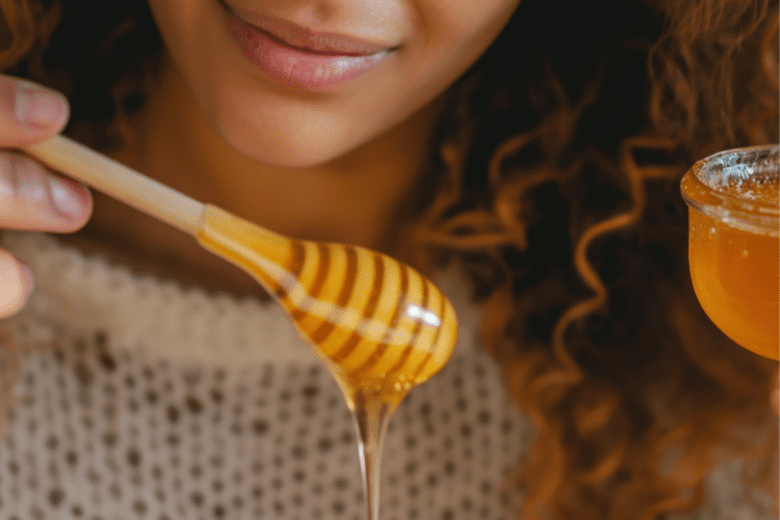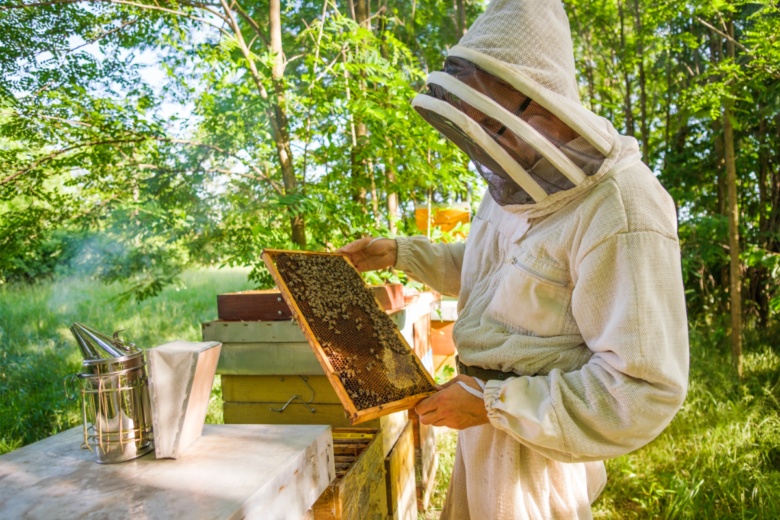Beekeeping is a rewarding and essential practice that contributes significantly to agriculture, biodiversity, and the environment. Honeybees are vital pollinators, playing a crucial role in the reproduction of flowering plants and the production of many fruits, vegetables, and nuts. However, the health and productivity of bee colonies are constantly threatened by various predators and pests. …
Bees play a crucial role in maintaining the health and stability of ecosystems around the world. As primary pollinators, they facilitate the reproduction of many flowering plants, which in turn produce the fruits, seeds, and nuts that make up a significant portion of the human diet. Approximately 75% of global food crops depend, at least …
Honey, a golden elixir cherished for its sweetness and health benefits, has been harvested and used by humans for thousands of years. However, the journey from hive to jar involves meticulous processes that ensure the honey remains pure, nutritious, and safe for consumption. Proper collection and storage of honey are critical not only to maintain …
Honey production is a vital aspect of beekeeping, serving as both a rewarding hobby and a profitable business. For beekeepers, maximizing honey yield is crucial, not only for economic gain but also for ensuring the health and productivity of the bee colony. Honey is not only a delicious natural sweetener but also plays a significant …
Beekeeping, or apiculture, is a practice that holds immense value not only for the environment but also for agriculture and human well-being. The art of maintaining bee colonies dates back thousands of years, and its significance has only grown in recent times due to the critical role bees play in pollination. Bees are essential pollinators …
Bees play an indispensable role in our ecosystem, acting as primary pollinators for a vast array of plants, including many that produce the food we eat daily. The health of bee populations directly impacts biodiversity, agricultural productivity, and the stability of ecosystems globally. Pollination by bees is crucial for the reproduction of about 80% of …
Bees are indispensable to the environment and agriculture due to their crucial role as pollinators. Approximately one-third of the food we consume relies on pollination, primarily by bees. They facilitate the reproduction of flowering plants by transferring pollen from one flower to another, which not only helps in producing fruits, vegetables, and seeds but also …
Organic and sustainable beekeeping represents a mindful approach to honey production that prioritizes environmental health, the well-being of bees, and the quality of the end products. Unlike conventional beekeeping methods that often rely on synthetic chemicals and intensive practices, organic and sustainable beekeeping seeks to harmonize with nature, fostering a symbiotic relationship between the beekeeper …



